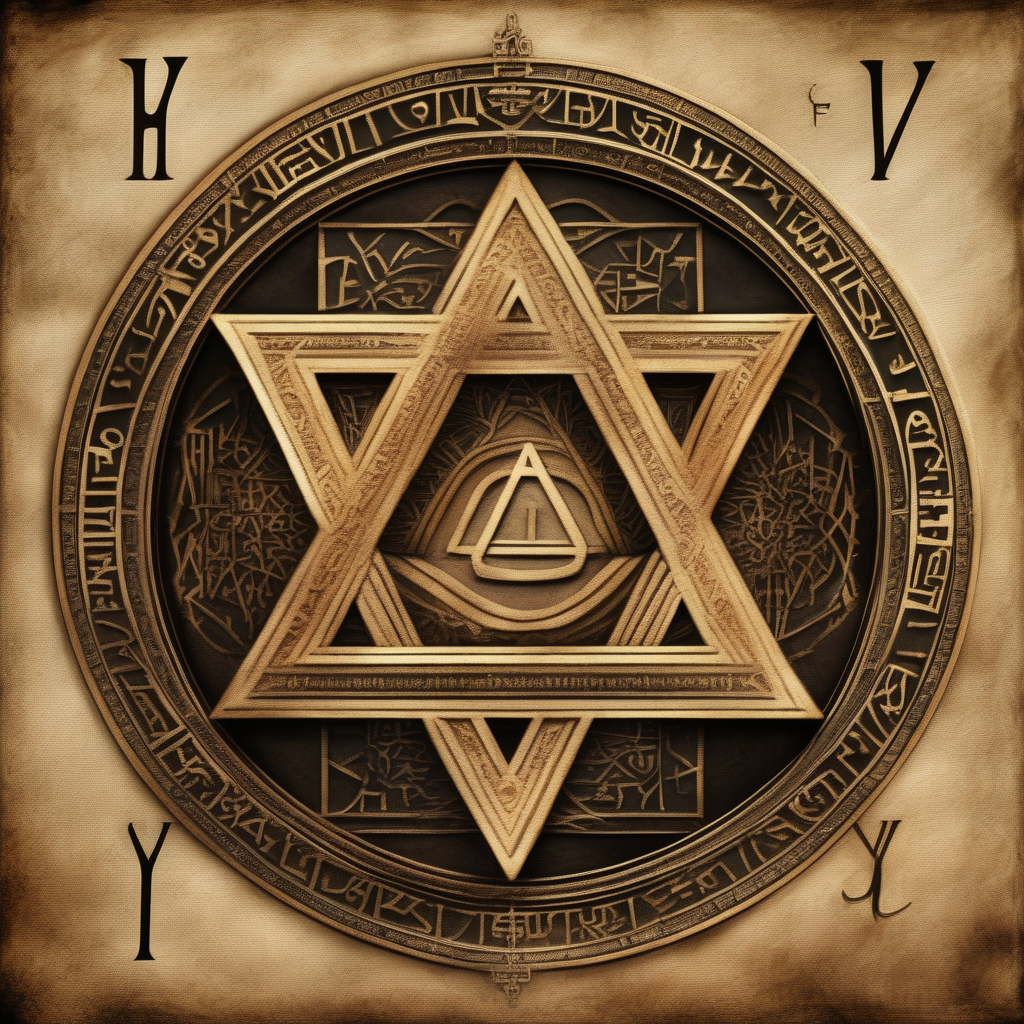The tetragrammaton is a term used to refer to the four-letter Hebrew name of God, often represented as YHWH or YHVH. In Jewish tradition, this name is considered so sacred that it is not to be pronounced out loud, and instead is often substituted with the word “Adonai” (Lord) when reading religious texts. The exact pronunciation of the tetragrammaton is uncertain, as ancient Hebrew did not include vowel markings, and over time the pronunciation of the name was lost.
The tetragrammaton holds immense significance in Jewish spirituality and is seen as a representation of God’s supreme power and divinity. It is believed to encompass all aspects of God’s nature, including His compassion, justice, and mercy. The name itself is composed of the Hebrew words for “being” or “existence,” indicating the eternal and unchanging nature of God.
In addition to its religious significance, the tetragrammaton has also attracted considerable scholarly attention. Scholars have analyzed the linguistic origins of the name and its possible meanings. Some theories suggest that the tetragrammaton is derived from the Hebrew verb meaning “to be,” emphasizing God’s fundamental existence. Others propose connections to ancient Near Eastern deities or interpret the name as a reflection of God’s role as a protector and deliverer.
Overall, the tetragrammaton remains a central symbol and object of reverence in Jewish theology, highlighting the belief in an omnipotent and sacred God. Its mystery and secrecy only serve to deepen the awe and faith of those who seek to connect with the divine.
